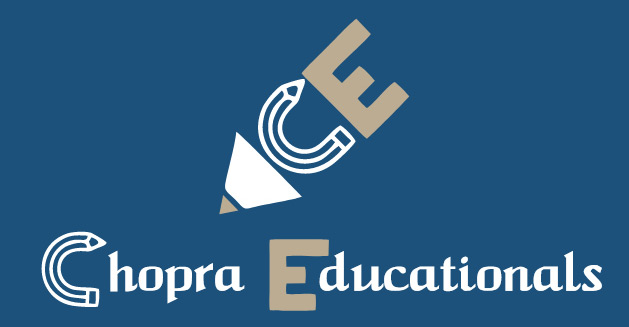
When it comes to students enrolling in study abroad programmes, India has surpassed China, for the most students leaving their home country as part of their education journey. India has seen a significant rise in the number of students studying abroad.
A RedSeer research project predicts that by 2024, 1.8 million Indians would have spent $85 billion on education abroad. In addition to intriguing research prospects, the majority of nations provide international students with the option of staying behind on their visas to look for employment. The possibility to pursue specialised courses, attractive compensation post-completion of education, exposure to multiculturalism, and high-quality education are among the main attractions for students looking to study abroad.
However, recent reports of the deportation of Indian students from Canada have shattered many dreams and turned them rather into a nightmare. This reported unfortunate incident happened on account of various factors including students seeking help from middle agents, falsified acceptance letters that were provided by these agents to enter Canada, and absence of communication between college(s) and students which resulted in students wandering around from college to college because the middle agent didn’t send them to the school they wanted.
Every country’s immigration laws consider misrepresentation a serious infraction, and the applicant’s chances of success are slim. Only when the applicants can demonstrate that they had a sincere and reasonable belief that they weren’t hiding any relevant information does an exemption apply.

In the aforementioned example, the middle agent, or immigration consultant as they prefer to call themselves, maliciously obtained student signatures on all the paperwork, making the victims — students — technically responsible for the crimes perpetrated by the agents. The promises of secured admission and guaranteed visas are often tempting for undoubting students.
However, one must understand that these are hollow commitments and that agents, driven by monetary interests, often do not show the full picture. No middle agent officially is authorised to provide admissions to students. The decision to accept or reject an application on the basis of merit is always made by the admissions committee, which is chosen by the college or university. It is important to remember that universities always let students know whether or not their application was approved. Over-reliance on fraudulent middle agents results in students maneuvering in the dark and not verifying the details themselves.
Students should refrain from blindly relying on the initial information they come across about an agent on the internet. Utilise platforms like YouTube and social media to seek recommendations from students who are already studying abroad. If feasible, arrange a personal call or meeting with the agent. Take note of any red flags if the agent only suggests 1-2 schools since this may indicate limited partnerships with specific institutions, potentially leading to coercive tactics to compel students towards those choices. Avoid making upfront payments unless necessary.
Some agents may charge upfront fees but fail to deliver satisfactory services. If you have doubts about an agent’s credibility, request to connect with previous students who have used their services. Look for agents or consultants that offer comprehensive support throughout the entire process.
Other than gaining admission, obtaining your visa and successfully adapting to campus life are equally demanding and could greatly benefit from professional assistance. Authentic admission counselling providers limit themselves to advisory roles, i.e., they only help students guide through the process, preparation, and migration and leave the rest of the work to students.
Students should refrain from blindly relying on the initial information they come across about an agent on the internet. Utilise platforms like YouTube and social media to seek recommendations from students who are already studying abroad. If feasible, arrange a personal call or meeting with the agent. Take note of any red flags if the agent only suggests 1-2 schools since this may indicate limited partnerships with specific institutions, potentially leading to coercive tactics to compel students towards those choices. Avoid making upfront payments unless necessary.
Some agents may charge upfront fees but fail to deliver satisfactory services. If you have doubts about an agent’s credibility, request to connect with previous students who have used their services. Look for agents or consultants that offer comprehensive support throughout the entire process.
Other than gaining admission, obtaining your visa and successfully adapting to campus life are equally demanding and could greatly benefit from professional assistance. Authentic admission counselling providers limit themselves to advisory roles, i.e., they only help students guide through the process, preparation, and migration and leave the rest of the work to students.
Studying abroad is not a very well-understood phenomenon among students and can involve intricate processes, requiring meticulous planning and deep insights. It is advisable that students, while planning to study abroad, remain aware of agents with the wrong motives and seek professional and verifiable admissions counseling instead of maneuvering under the influence of false and hollow promises that are designed to lure them. When so much is at stake, especially precious dreams, students must become or be made a stakeholder at every step.







